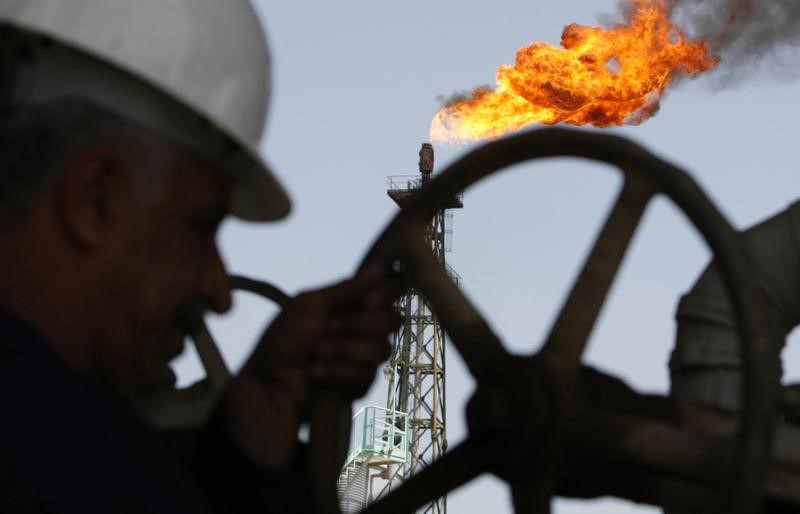Gold prices edge higher on raised Fed rate cut hopes
(Updates to midday U.S. trading)
By Jessica DiNapoli
NEW YORK, May 15 (Reuters) - U.S. stocks sank on Friday
after data showed a surprisingly sharp dive in retail sales and
as investors worried about increased Sino-U.S. trade
hostilities, while signs of a pick-up in crude demand boosted
oil prices.
The U.S. Commerce Department said retail sales, a
significant portion of the economy, plunged 16.4% last month,
the biggest decline since the government started tracking the
figures in 1992. That data followed a historic 20.5 million job
losses last month. “From bad to worse to worst, the U.S. economy is in the
midst of an outright economic free-fall," said market analyst
Christopher Vecchio at Dailyfx.com. "Despite what the U.S.
Treasury yield curve has been signaling – less than a 20% chance
of a recession within the next 12-months – it's obvious that
fears of a major economic contraction are well-founded."
Still, oil prices rose to their highest levels in more than
a month LCOc1 CLc1 on signs that demand from China is
picking up and data showing China's industrial output in April
expanded for the first time this year. Economic fears were heightened by news that the Trump
administration ramped up tensions with China by moving to block
shipments of semiconductors to Huawei Technologies HWT.UL .
China responded, saying it would put U.S. companies
on an "unreliable entity list." The Dow Jones Industrial Average .DJI fell 79.65 points,
or 0.34%, to 23,545.69, the S&P 500 .SPX lost 9.12 points, or
0.32%, to 2,843.38 and the Nasdaq Composite .IXIC dropped
20.18 points, or 0.23%, to 8,923.55.
A broad measure of European stocks .STOXX was set to end
the bruising week roughly 4% lower, the biggest weekly fall
since the mid-March rout as the coronavirus crisis spread
worldwide.
MSCI's world stock index .MIWD00000PUS , a touch softer on
Friday, was down around 2.8% this week and also set for its
biggest weekly drop since March.
Analysts called the weekly decline a natural correction
after a rally since mid-March, which also reflected growing
concerns about rising U.S.-China tensions.
On Thursday, U.S. President Donald Trump signaled a further
deterioration in his relationship with China over the novel
coronavirus, saying he had no interest in speaking to President
Xi Jinping and suggesting he could even cut ties with Beijing.
"There is no doubt that the optics around the
trade/diplomacy backdrop have worsened in the last week and this
has had a negative influence," Chris Bailey, European strategist
at Raymond James in London, said.
U.S. Federal Reserve Chair Jerome Powell has brushed off the
notion that the Fed could push negative rates after futures tied
to Fed interest rate policy expectations began pricing a small
chance of sub-zero U.S. rates within the next year. Benchmark 10-year notes US10YT=RR last fell 9/32 in price
to yield 0.646%, from 0.619% late on Thursday.
The dollar index =USD rose 0.11%, with the euro EUR= up
0.1% to $1.0815.
<^^^^^^^^^^^^^^^^^^^^^^^^^^^^^^^^^^^^^^^^^^^^^^^^^^^^^^^^^^^
Global assets http://tmsnrt.rs/2jvdmXl
Global currencies vs. dollar http://tmsnrt.rs/2egbfVh
Emerging markets http://tmsnrt.rs/2ihRugV
MSCI All Country Wolrd Index Market Cap http://tmsnrt.rs/2EmTD6j
^^^^^^^^^^^^^^^^^^^^^^^^^^^^^^^^^^^^^^^^^^^^^^^^^^^^^^^^^^^>
